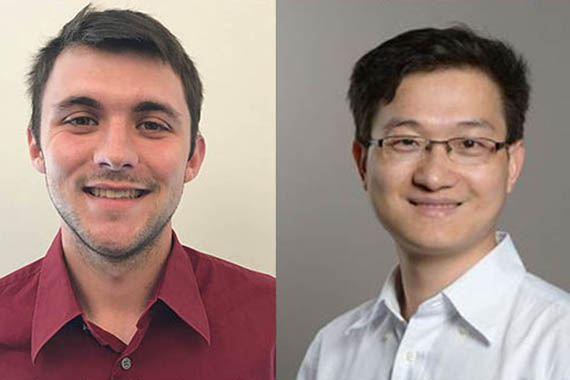
Team creating system to monitor vital signs, alert patients
A Mizzou Engineering team is developing a system that will monitor vital signs and may someday be able to alert people when they need to seek medical care.

Senior Health Data Sensors Now Available to Private Homes
When a Mizzou Engineer began using sensors to track senior health data in assisted living facilities more than a decade ago, the goal was to someday take that technology into private homes. COVID-19 is forcing that someday to be today.
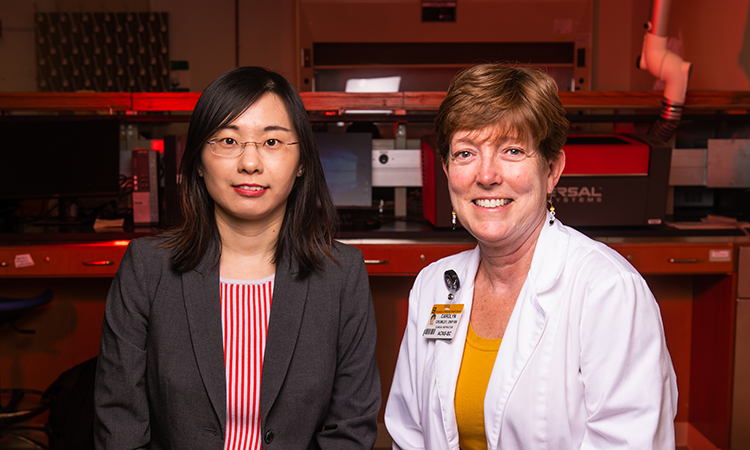
Smartphones, smart cars, smart… bandages?
Researchers at the University of Missouri are developing a bandage with “smart” capabilities that could help people with diabetes better treat foot ulcers so they can heal, improving their quality of life.

Aerial Reconnaissance
Yi Shang, a professor in the Department of Electrical Engineering and Computer Science, recently received a four-year, $372,000 grant from the MDC to assess the feasibility of using unmanned aircraft systems (drones) and deep learning computing techniques for waterfowl and wetland habitat monitoring.
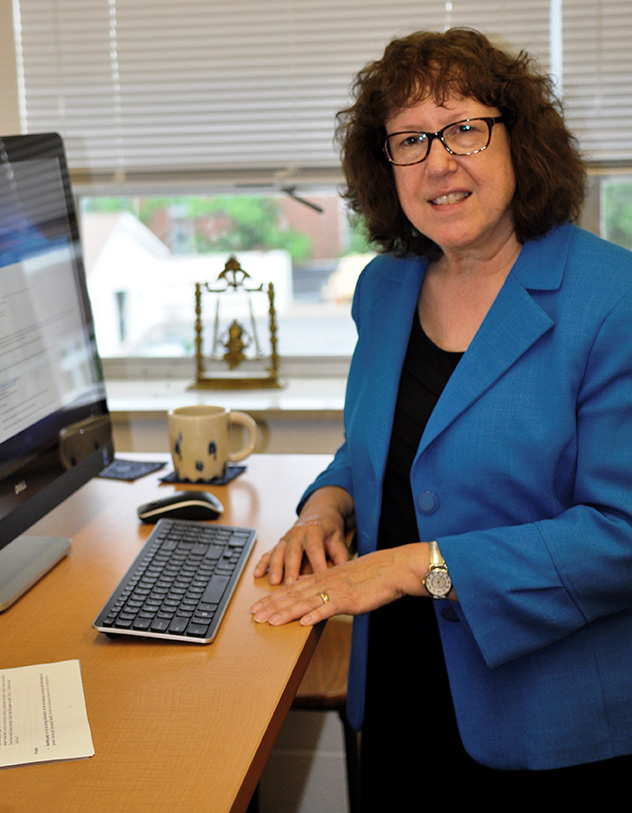
Mizzou’s Skubic helping shape rehab recovery
According to the American Stroke Association, stroke is the leading cause of disability in the United States. For patients recovering from a stroke, paralysis or loss of muscle movement on one side of the body can make daily chores and tasks more difficult to complete. Now, researchers at the University of Missouri have received more than $3 million from the National Institutes of Health to better assess and monitor patients recovering from stroke.
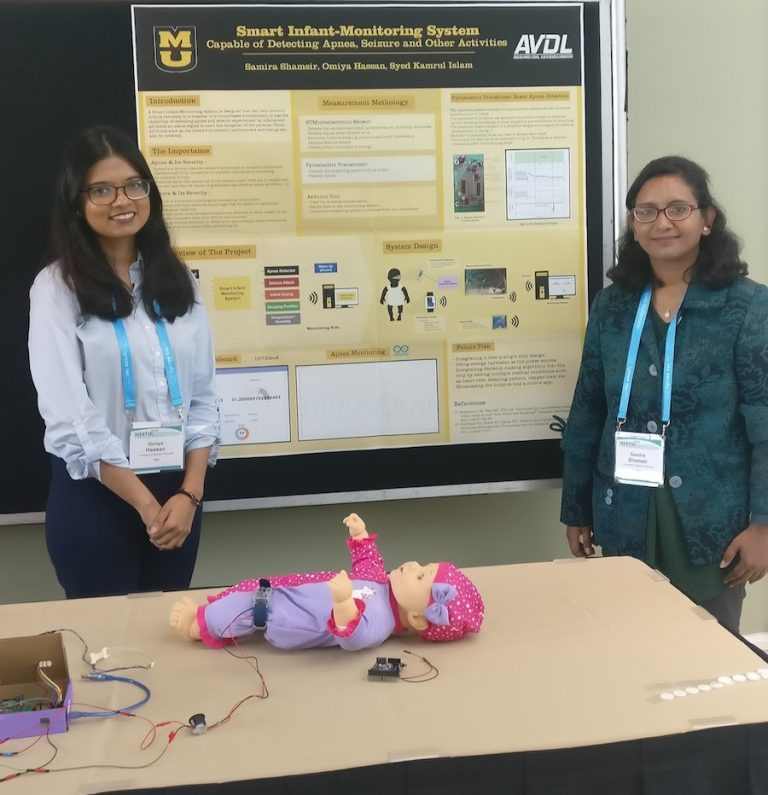
Award-winning Mizzou research seeks to detect apnea effects
A novel sensor prototype designed to noninvasively detect sleep apnea in infants recently earned a pair of Mizzou Electrical Engineering & Computer Science graduate students a couple of major accolades from the Institute of Electrical and Electronics Engineers.

MU Engineer developing sensor to improve bacteria detection in poultry
Detecting bacterial pathogens is critical for the poultry slaughtering plants and processing facilities that sell your chicken and turkey. And the quicker and more effective the test, the better it is both for consumers and those companies’ bottom lines. An interdisciplinary team of Mizzou and Lincoln University (Mo.) researchers has been perfecting an easy-to-use, portable sensor for years to solve this very issue.
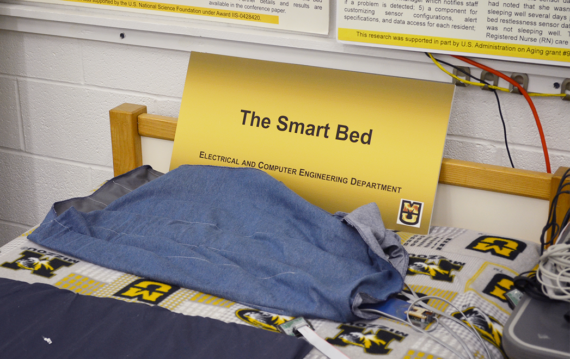
Getting to the heart of the matter
Compiled over time, the differences in peaks and valleys — called a waveform — in one’s heartbeat can tell medical professionals a lot about a person’s cardiovascular health. But what if you could measure the same thing without all of those invasive sensors attached to your body? Imagine that, instead, you could provide doctors that same data with a sensor located under a mattress or behind a couch cushion.